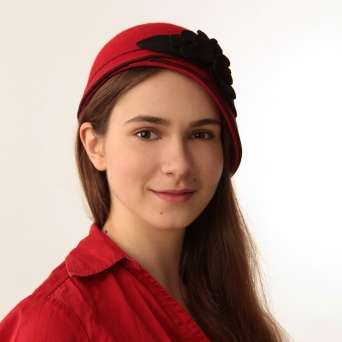Rigoletto is a safe, standard repertoire opera. Put on a half-decent production, and you’re guaranteed good sales, especially if you can get a star tenor to sing the Duke. That’s exactly what the Bayerische Staatsoper had done. Their star bowed out due to illness, but that isn’t what makes this show disappointing. This unexciting production is lacking in directorial ideas and, more importantly, acting.
The musical performance was by far the best part of the evening. Maestro Stefano Ranzani started the orchestra off at such a gallop that the singers initially struggled to keep up. The breakneck pace, combined with impressive dynamic range, were exactly what this otherwise-dull production needed. It did cause a problem for the singers, though, who were sometimes left behind or drowned out, especially during recitative.
The very beginning of the opera was particularly messy, but Yosep Kang valiantly got it back on track with an energetic “Questa o quella”. His instrument has occasional rough edges, which show in whole sections of the opera where he seems to lack power, but at its best it’s gloriously rich, especially at the upper end of his range. A true tenor, Kang is clearly aware of this and milks the high notes. At the same time, he isn’t afraid to sometimes sacrifice tone for dramatic effect.
Franco Vassallo is a Rigoletto to match Kang’s Duke. His baritone voice shone during “Cortigiani, vil razza dannata” and the following scene. Despite being the title part, Rigoletto doesn’t get any of the opera’s catchy tunes, but Vassallo managed to make an impression nonetheless. As his daughter Gilda, Ekaterina Siurina tossed off dizzyingly high notes and quick coloratura with ease and accuracy. Her tone acquired a harsh edge in the middle and lower registers, but she navigated her entire range confidently. Her “Caro nome” – delivered while climbing a set of bleachers! – was a definite highlight of the opera. In the smaller roles, Rafal Siwek boomed out impressive low notes as Sparafucile, and Nadia Krasteva showed off a gorgeous, sultry mezzo as his sister Maddalena.
If I were to judge based on the music alone and overlook coordination issues, I would pronounce this a very good Rigoletto. But this is full-scale opera, not a concert: acting and staging matter, too, and that is where this production falls very short. Several visual symbols are intriguing: the masked chorus, from which Rigoletto is selected seemingly at random (and his lack of any noticeable disfigurement) suggest that anyone could be reduced to his position of buffoon. The use of black paint instead of blood when Gilda is killed suggests that the loss of her purity is mourned more than her death. The steampunk wheelchair Sparafucile keeps with him makes his character especially sinister – he seems ready to slit a throat and transport a corpse at any moment. But none of these ideas are carried through with any consistency; they remain fragmented concepts without a unifying purpose.
Director Árpád Schilling’s biggest crime is not a lack of vision in terms of production design; it is utter neglect of Personenregie. I suspect that all of the singers would be perfectly competent actors given some direction, but here they are often reduced to standing around on the prompter’s box, occasionally extending their arms dramatically. They form some nice tableaux, especially at the end of ensembles, but movements and gestures during the pieces seem unmotivated and meaningless. There should be a sense of high stakes in everything the characters in Rigoletto do – someone’s love, life, or honour is always at risk. That is never apparent here—not even when Gilda decides to sacrifice herself, and not even when Rigoletto discovers her corpse.
The music is nice, but the music isn’t everything. Unfortunately, in this production, it might as well be.




